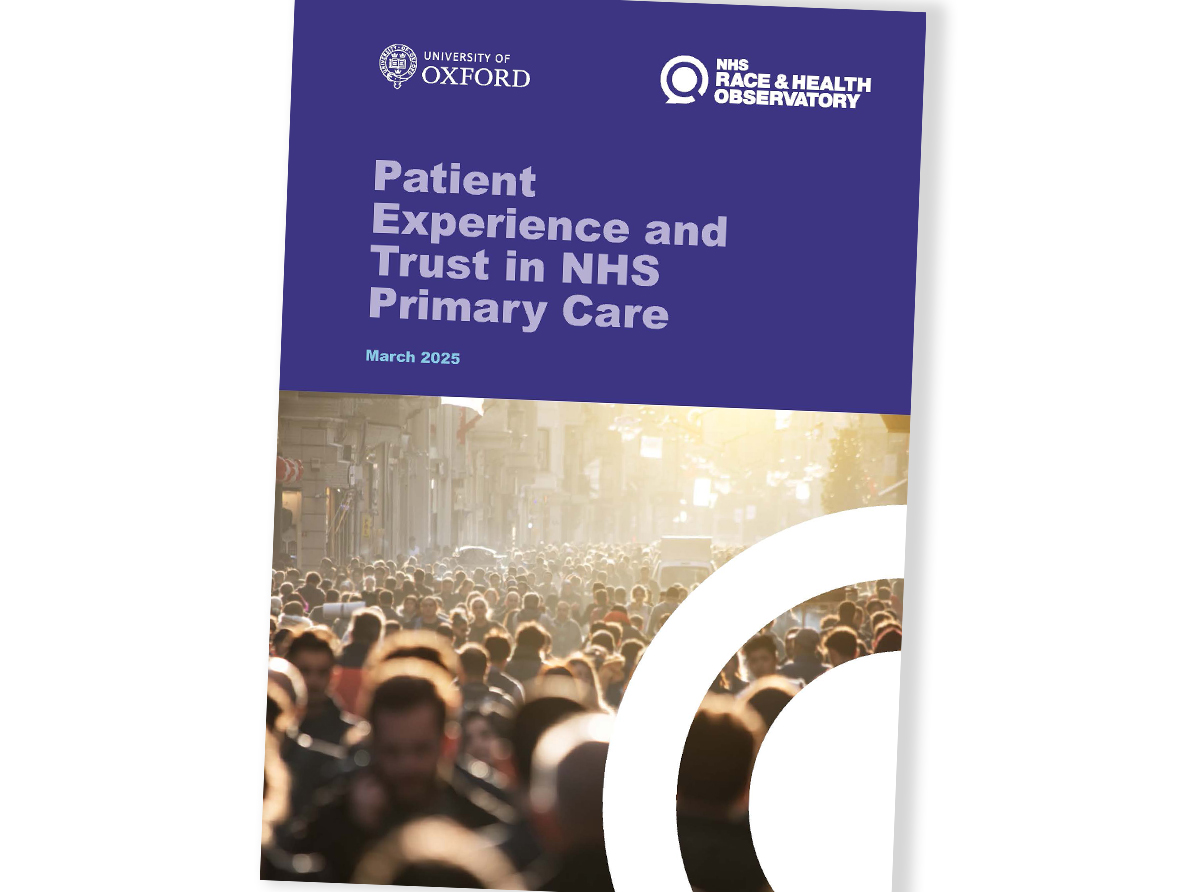
Patient Experience and Trust in NHS Primary Care
Insights from a survey into the levels of trust that Black, Asian and ethnic minority patients have with NHS primary care service providers reveal high levels of mistrust.

The Observatory has published its much anticipated rapid review into ethnic health inequalities across a range of areas including key priorities set by the independent health body.
This report presents the findings and recommendations of a rapid review of ethnic inequalities in
healthcare and within the NHS workforce, conducted by academics at The University of Manchester, The University of Sheffield and The University of Sussex.
Ethnic inequalities in access to, experiences of, and outcomes of healthcare are longstanding problems in the NHS, and are rooted in experiences of structural, institutional and interpersonal racism. For too many years, the health of ethnic minority people has been negatively impacted by: lack of appropriate treatment for health problems by the NHS; poor quality or discriminatory treatment from healthcare staff; a lack of high quality ethnic monitoring data recorded in NHS systems; lack of appropriate interpreting services for people who do not speak English confidently and delays in, or avoidance of, seeking help for health problems due to fear of racist treatment
from NHS healthcare professionals.
The rapid review focussed on priorities set by the NHS Race and Health Observatory (RHO), relating to ethnic inequalities in: